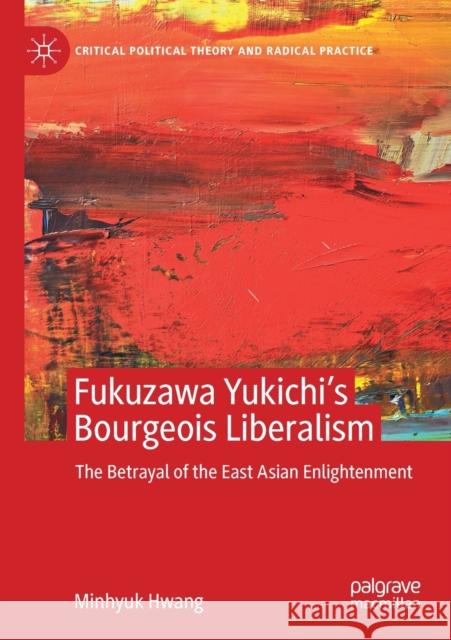Fukuzawa Yukichi's Bourgeois Liberalism: The Betrayal of the East Asian Enlightenment » książka
topmenu
Fukuzawa Yukichi's Bourgeois Liberalism: The Betrayal of the East Asian Enlightenment
ISBN-13: 9783030215323 / Angielski / Miękka / 2020 / 176 str.
Fukuzawa Yukichi's Bourgeois Liberalism: The Betrayal of the East Asian Enlightenment
ISBN-13: 9783030215323 / Angielski / Miękka / 2020 / 176 str.
cena 189,61 zł
(netto: 180,58 VAT: 5%)
Najniższa cena z 30 dni: 181,18 zł
(netto: 180,58 VAT: 5%)
Najniższa cena z 30 dni: 181,18 zł
Termin realizacji zamówienia:
ok. 22 dni roboczych
Bez gwarancji dostawy przed świętami
ok. 22 dni roboczych
Bez gwarancji dostawy przed świętami
Darmowa dostawa!
Kategorie BISAC:
Wydawca:
Palgrave MacMillan
Seria wydawnicza:
Język:
Angielski
ISBN-13:
9783030215323
Rok wydania:
2020
Wydanie:
2020
Numer serii:
000472815
Ilość stron:
176
Waga:
0.23 kg
Wymiary:
21.01 x 14.81 x 1.02
Oprawa:
Miękka
Wolumenów:
01
Dodatkowe informacje:
Wydanie ilustrowane











